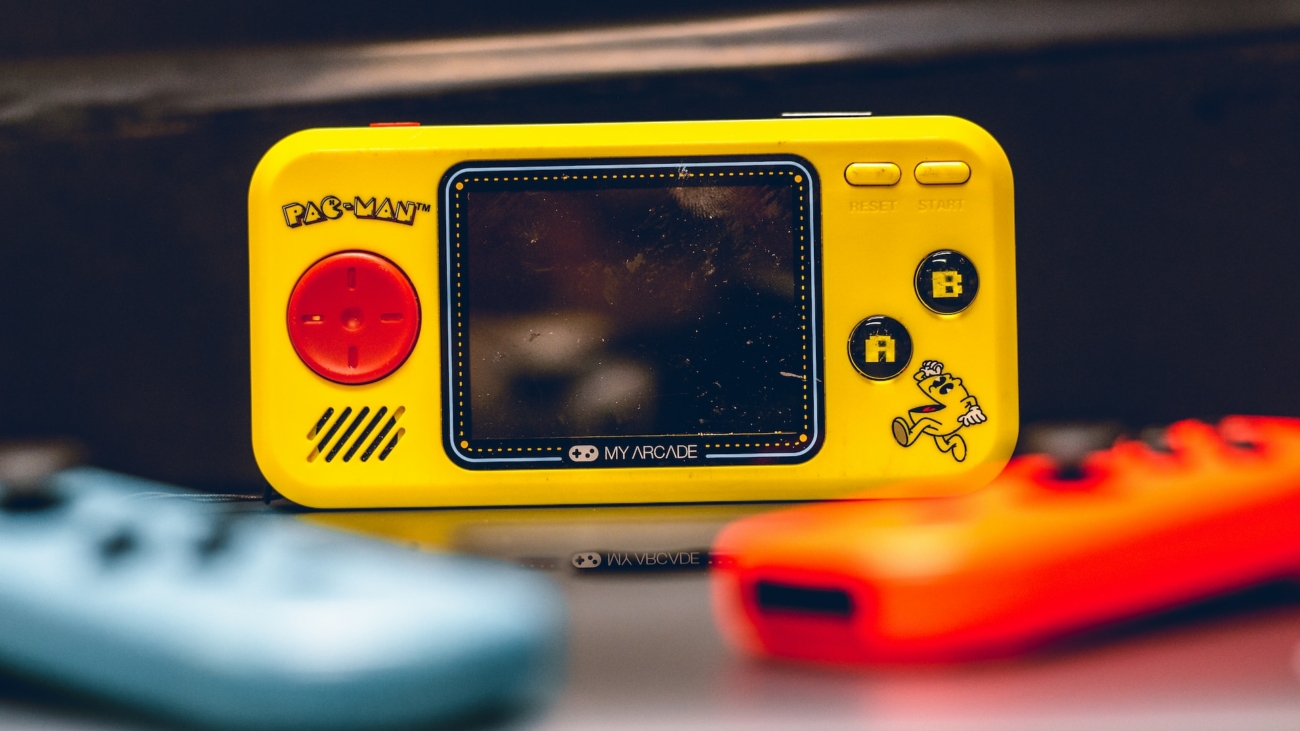What is an Indie Game?
Indie games, short for independent video games, are created by smaller indie games development teams or independent game developers. They are known for their innovation, experimental nature, and exploration of games as an art form.
While some indie games may receive funding from publishers, they still maintain their creative independence. Indie games are typically developed by a single person or a small team of 2 to 10 individuals. Developers often create from scratch, creating their game resources or utilizing free resources.
History of Indie Games
The term “Indie Game” gained popularity in the early 2000s, but before that, these types of games were referred to as amateur, enthusiast, or hobbyist games.
The rise of personal computers in the 1980s led to increased accessibility and availability of BASIC source codes for games. This encouraged individuals to create their games. However, it became difficult for indie developers to sell their games, so they began distributing portions through magazines or similar platforms.
Shareware emerged as an effective method for selling and distributing games. Also, the Internet provided indie developers with avenues to sell their games to a global audience.
In 2004, the emergence of the Steam platform began to change the landscape, becoming the primary platform for indie game releases. Through platforms like Steam, indie developers could showcase their games to the world and give them the indie games definition.
Pros of Indie Games Development
Developing an indie game offers several advantages. Firstly, it provides complete control over the development process, allowing developers to set release dates and work at their pace.
It also allows for better monetization options, as developers can choose the model that best suits their game without paying royalties to a publisher. Additionally, the sense of empowerment is significant. Game developers can take pride in building a game from scratch and successfully bringing it to the market. Collaboration opportunities with publishers are still possible even without depending on them during the initial indie games development phase.
Cons of Indie Games Development
Developers of indie games must navigate the process independently, without the support typically provided by publishers. The development and validation of the game in the market can be time-consuming, requiring the establishment of a company and gaining players’ trust.
Gaining media attention may also be challenging, as established companies often dominate the coverage. Additionally, if game developers choose to hire an indie games development team, it can impact their budget significantly. However, the rise of platforms like Steam has been instrumental in the success and recognition of indie games, shaping the landscape of the gaming industry.
The Popularity of Indie Games
In recent years, there has been a significant increase in indie game releases, particularly in 2020. We saw a rise of approximately 25 percent compared to previous years. This upward trend continued in 2021, with a year-on-year growth rate of about 11 percent compared to last year.
While the gaming industry generated around $180 billion in 2020, indie video games may not have the largest market share but still hold significance.
One of the main reasons for their importance is that Indie game developers can explore innovative ideas and concepts. This allows them to view video games as artistic expression.
Factors Involved In Developing an Indie Game
Team Size: Indie games development teams can range from a small group of developers to just one person. They can originate from student projects or experienced game developers seeking creative freedom.
Game Development Process: Indie games use existing game engines and development kits. OS providers have released individual SDKs to make them more accessible and affordable for indie game developers.
Involvement of Publishers: Boutique game publishers, such as Adult Swim Games, Annapurna Interactive, and Raw Fury, provide financial support and marketing assistance to indie games without interfering in their creative direction.
Finances: Indie developers must find alternative ways to fund their projects, such as bootstrapping, taking out loans, or launching crowdfunding campaigns.
Distribution: Indie game developers used to provide copies of their games to local stores or advertise in magazines for mail orders. With the rise of the internet, digital distribution platforms have become prominent.
Recognition: Indie games face challenges in gaining widespread recognition due to limited marketing budgets, but niche markets often find success. The industry has established events and awards to recognize indie games.
The Future of Indie Games
Indie games have experienced significant growth and transformation since their early days with SpaceWar! Today, they hold a prominent position in the gaming industry, representing a multi-billion dollar sub-sector. Many view indie games as the medium’s epitome of creativity and artistic expression.
Defining what makes a game indie remains challenging, but one thing is clear: indie games have become a permanent fixture in the gaming landscape. As this boundary-pushing subgenre continues to expand in new and exciting ways, it is crucial for our understanding and definitions to adapt and evolve alongside it.
Check out Camlann Games to learn more!












